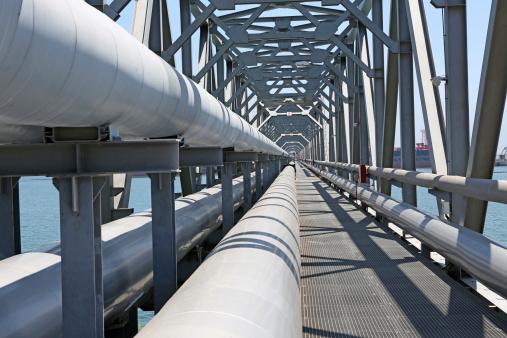The 2nd ACER-ENTSOG joint Report on implementation of the Balancing Network Code is available online

ACER publishes today the 2nd ACER-ENTSOG Report on the status of the implementation of the Balancing Network Code. The report monitors the early application of the Code across the EU Member States.
Information for each country was provided by the National Regulatory Authorities (NRAs) and the Transmission System Operators (TSOs) in a joint response to ACER and ENTSOG. Data are updated until the end of September 2015.
The Balancing Network Code is applicable since 1 October 2015. The Code seeks to improve the economic efficiency of gas balancing by creating market places where network users trade imbalance positions and TSOs procure balancing services from network users in a non-discriminatory basis.
The report can be found here.
Access the network code here.
Main findings:
- The implementation of the Code is progressing along multiple time schedules and along several regulatory options. Across the EU as a whole, almost all of the possibilities offered by the Code have been used by the responding countries.
- Concerning the implementation dates:
- 10 countries implemented the Code by 1 October 2015;
- 5 countries reported that implementation will be ready by 1 October 2016;
- 9 countries and Northern Ireland apply interim measures, which are planned to expire by April 2019. These countries should make these plans transparent and also plan for how a timely transition moving away from the interim measures will be conducted.
Additional findings:
- The information provision requirement is not put in place fully by one third of the countries, which would hinder network users to take care of their imbalance positions.
- In 14 countries and Northern Ireland, balancing services are still used or planned to be used and 13 countries foresee or allow the TSOs to trade in adjacent balancing zones. While both measures are subject to an annual regulatory review, a consideration should be made how these measures contribute to a market-based daily balancing regime, where TSOs procure balancing services from network users on a non-discriminatory basis.
- ACER considers that detailed analyses on the charges and merit order is required in the future to reveal whether the chosen balancing designs progress towards market-based daily balancing.


